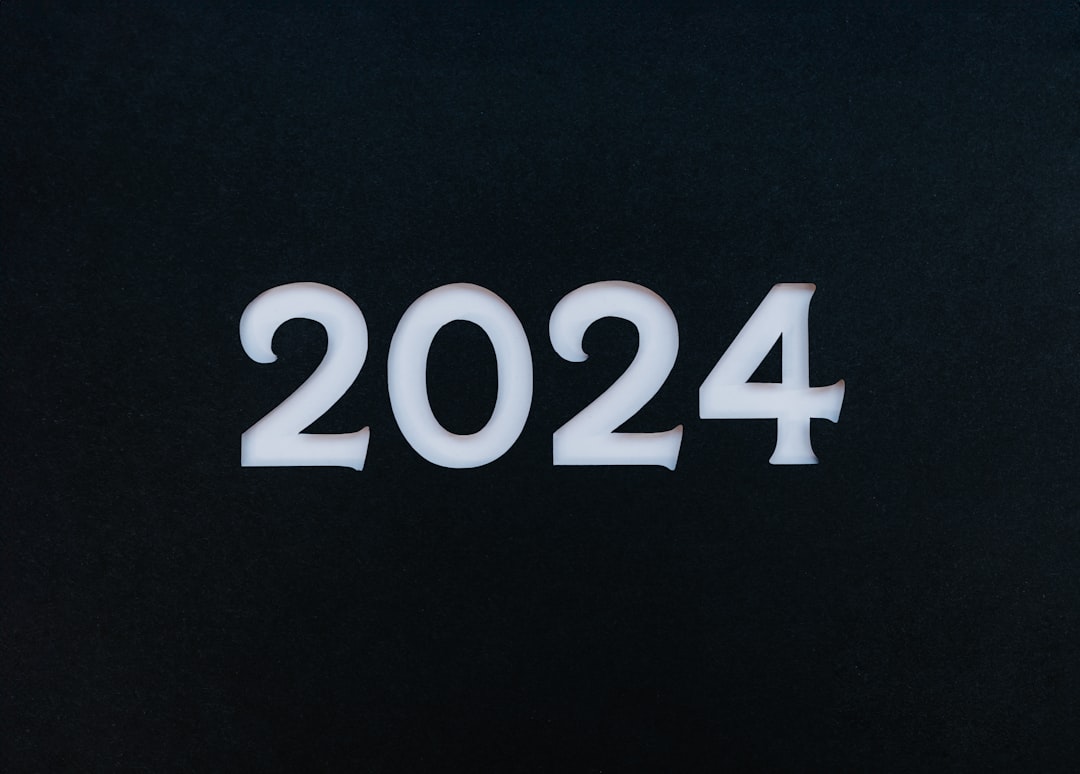No products in the cart.
The Future of Healthcare Careers in 2025
Uncover the key trends shaping healthcare careers in 2025. Learn what skills will be essential for success in this evolving landscape.
Boston, USA — The healthcare sector is on the brink of a transformation. As we progress through 2025, the demand for skilled professionals in this field is skyrocketing. Factors driving this surge include an aging population, advancements in technology, and a growing emphasis on preventative care.
According to the U.S. Bureau of Labor Statistics, employment in healthcare occupations is projected to grow 13% from 2021 to 2031, adding about 2 million new jobs. This growth is significantly faster than the average for all occupations, highlighting the importance of this sector in the economy.

As the landscape shifts, so too does the skill set required for success. Healthcare professionals must adapt to new technologies, embrace telemedicine, and understand data analytics. The integration of artificial intelligence (AI) into diagnostics and patient management is reshaping how care is delivered. For instance, AI can now analyze medical images with accuracy comparable to that of human radiologists, streamlining processes and enhancing patient outcomes.
Moreover, the ongoing COVID-19 pandemic has accelerated the adoption of digital health solutions. Telehealth services surged by 154% in March 2020 compared to the previous year, a trend that shows no signs of slowing down. By 2025, experts predict that telehealth will become a standard practice, necessitating healthcare professionals to be well-versed in virtual care technologies.
Empathy, communication, and teamwork are essential as professionals navigate complex patient interactions.
Beyond technical skills, soft skills are gaining prominence in healthcare. Empathy, communication, and teamwork are essential as professionals navigate complex patient interactions. A 2023 study published in the Journal of Healthcare Management found that effective communication significantly improves patient satisfaction and outcomes. In a field where human interaction is paramount, these skills cannot be overlooked.
To thrive in this evolving environment, educational institutions are rethinking their curricula. Programs are increasingly incorporating training in data analysis, AI, and communication. For instance, the University of Southern California’s Leonard Davis School of Gerontology has introduced a new interdisciplinary program focusing on technology in elder care. This initiative aims to equip students with the necessary tools to address the unique challenges faced by older adults.
Furthermore, as healthcare becomes more interconnected, professionals must be prepared to work in multidisciplinary teams. Collaboration across various specialties is essential for comprehensive patient care. This trend is evident in integrated care models that bring together primary care, specialists, and behavioral health providers to create holistic treatment plans.
However, these changes come with challenges. The rapid pace of technological advancement may lead to skill gaps among existing healthcare workers. A report by McKinsey & Company indicates that up to 30% of the workforce could need to switch occupations or acquire new skills by 2030 due to automation and AI integration. Addressing this gap will require ongoing education and training initiatives.
Moreover, healthcare leaders must prioritize mental health support for their teams. The emotional toll of the pandemic has left many professionals burned out and disillusioned. Organizations that invest in mental health resources and create supportive work environments will not only retain talent but also enhance overall productivity.
Furthermore, as healthcare becomes more interconnected, professionals must be prepared to work in multidisciplinary teams.
As we look ahead, the future of healthcare careers is bright but requires adaptability. Professionals must embrace lifelong learning and remain agile in the face of change. The ability to pivot and acquire new skills will be crucial for career advancement.
Ultimately, the healthcare sector is poised for significant growth and transformation. Those who proactively seek to enhance their skills and adapt to new technologies will find themselves at the forefront of this evolution. The convergence of technology and compassionate care will define the next era of healthcare, creating opportunities for those ready to embrace the future.











